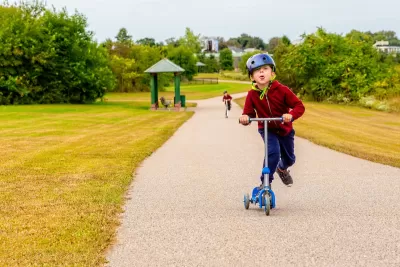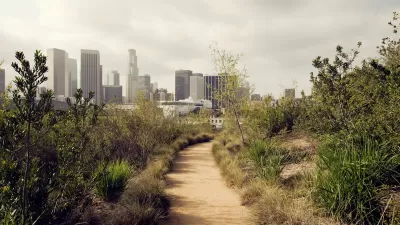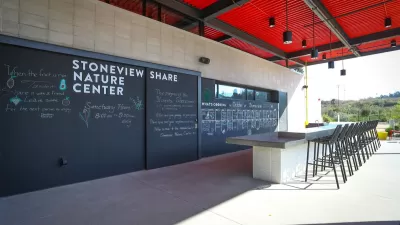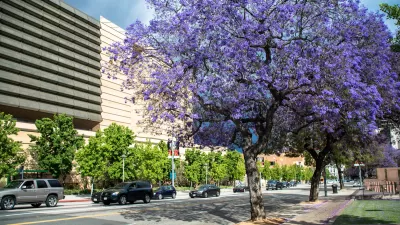Targeted investments in local parks, improved infrastructure, and enhanced transit connectivity are essential strategies to close the nature gap and ensure equitable outdoor access for underserved communities.

A recent study conducted by Jon Christensen from UCLA and Dan Rademacher from GreenInfo Network highlights the significant disparities in access to local parks across six U.S. states—Arizona, California, Georgia, Montana, New Mexico, and Washington. Their analysis revealed that approximately 23 million residents in these states live without a park within a 10-minute walk from home. While many live within driving distance of regional parks, the study emphasized that true equitable access to nature requires more than physical proximity. It calls for culturally relevant programming, improved infrastructure, and increased transit connectivity.
The researchers were surprised to find that a considerable number of people in the studied states had access to regional parks. While neighborhood parks have a strong link to positive health outcomes, regional parks can still contribute to closing the nature gap. They identified several critical actions to improve access: creating more new local parks, making infrastructure investments, and providing public transportation options. They also emphasized that equity goes beyond park availability—it is essential that parks are welcoming and accessible to diverse communities.
One of the standout solutions from the study was the concept of outdoor equity funds, which provide grants to local organizations dedicated to improving access for underserved communities. The study’s parkaccess.org tool helps identify park-poor areas, assisting public lands managers and advocacy groups in targeting their efforts. By leveraging these tools and funding solutions, local governments and community groups can work together to close the nature gap more effectively.
FULL STORY: How local parks can help close the nature gap

Study: Maui’s Plan to Convert Vacation Rentals to Long-Term Housing Could Cause Nearly $1 Billion Economic Loss
The plan would reduce visitor accommodation by 25,% resulting in 1,900 jobs lost.

North Texas Transit Leaders Tout Benefits of TOD for Growing Region
At a summit focused on transit-oriented development, policymakers discussed how North Texas’ expanded light rail system can serve as a tool for economic growth.

Using Old Oil and Gas Wells for Green Energy Storage
Penn State researchers have found that repurposing abandoned oil and gas wells for geothermal-assisted compressed-air energy storage can boost efficiency, reduce environmental risks, and support clean energy and job transitions.

Private Donations Propel Early Restoration of Palisades Playground
Los Angeles has secured over $1.3 million in private funding to restore the Pacific Palisades playground months ahead of schedule, creating a modern, accessible space that supports community healing after recent wildfires.

From Blight to Benefit: Early Results From California’s Equitable Cleanup Program
The Equitable Community Revitalization Grant (ECRG) program is reshaping brownfield redevelopment by prioritizing projects in low-income and environmental justice communities, emphasizing equity, transparency, and community benefits.

Planting Relief: Tackling Las Vegas Heat One Tree at a Time
Nevada Plants, a Las Vegas-based nonprofit, is combating the city’s extreme urban heat by giving away trees to residents in underserved neighborhoods, promoting shade, sustainability, and community health.
Urban Design for Planners 1: Software Tools
This six-course series explores essential urban design concepts using open source software and equips planners with the tools they need to participate fully in the urban design process.
Planning for Universal Design
Learn the tools for implementing Universal Design in planning regulations.
Ascent Environmental
Borough of Carlisle
Institute for Housing and Urban Development Studies (IHS)
City of Grandview
Harvard GSD Executive Education
Toledo-Lucas County Plan Commissions
Salt Lake City
NYU Wagner Graduate School of Public Service





























